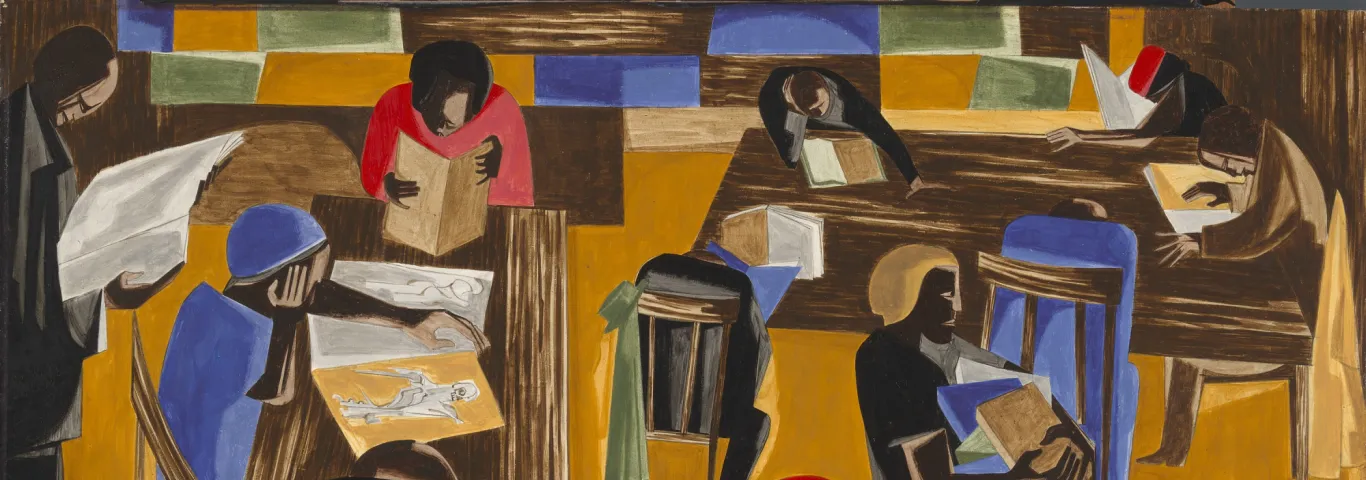
Research & Initiatives
selected contributions to global black studies
Faculty-Led Initiatives
Beyond publication of scholarly books, research articles and essays, faculty in African and African American Studies are engaged with the campus and broader community through a number of initiatives they have helped create and lead. These include:
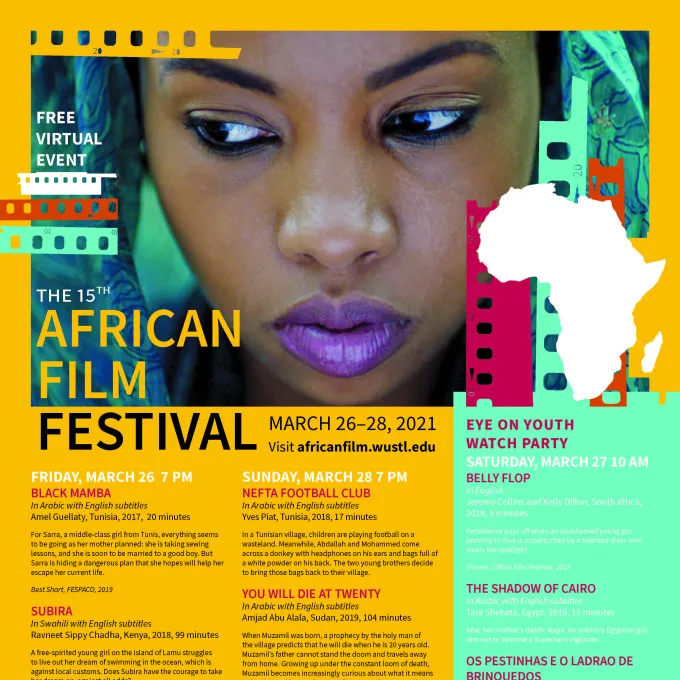
African Film Festival
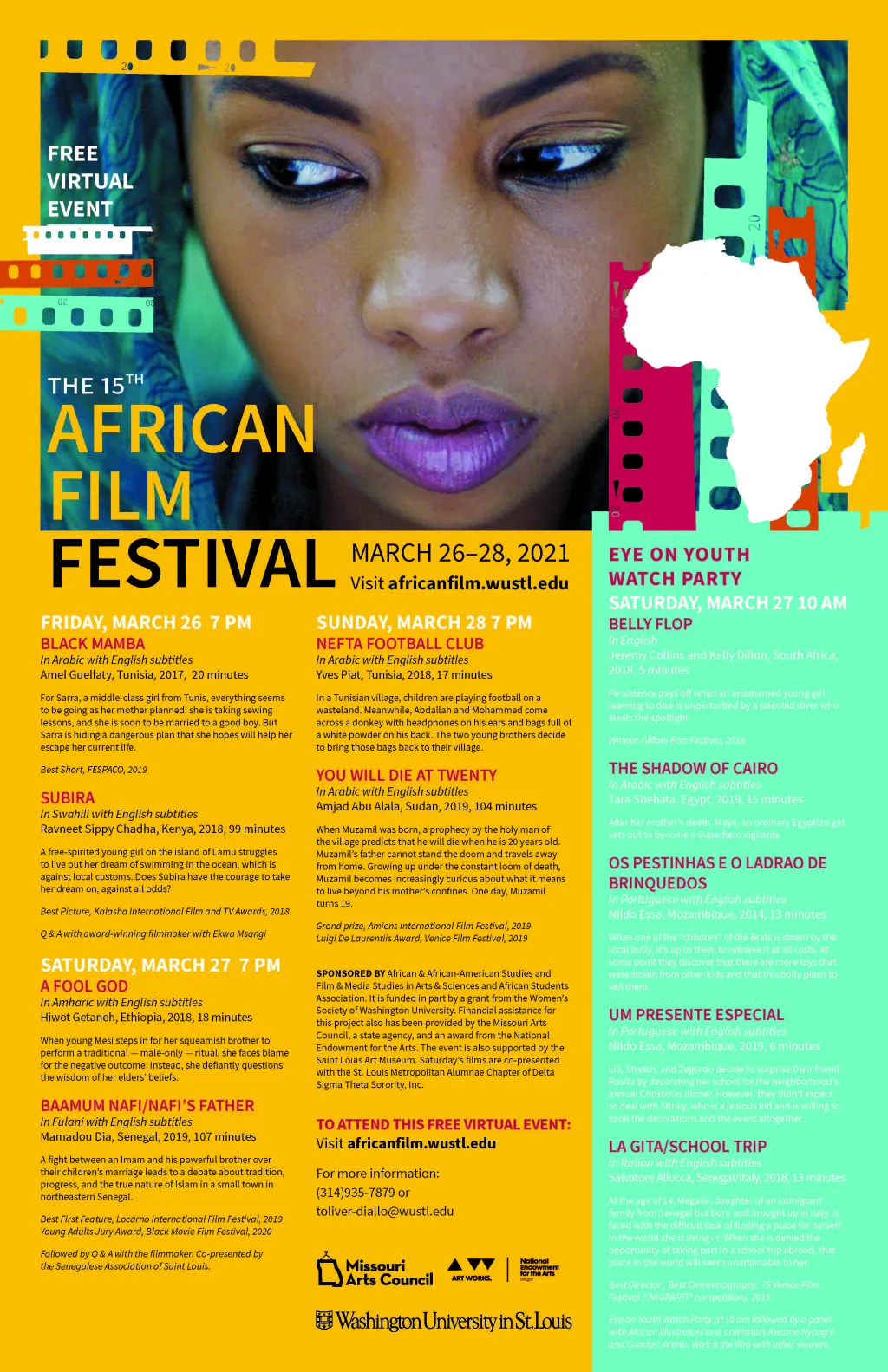
African Film Festival
Since 2006, the African Film Festival has introduced Saint Louis audiences to the latest in African cinema. Through a variety of genres, the films showcase the latest talent and new directions in cinema while highlighting themes in a variety of African countries.
More
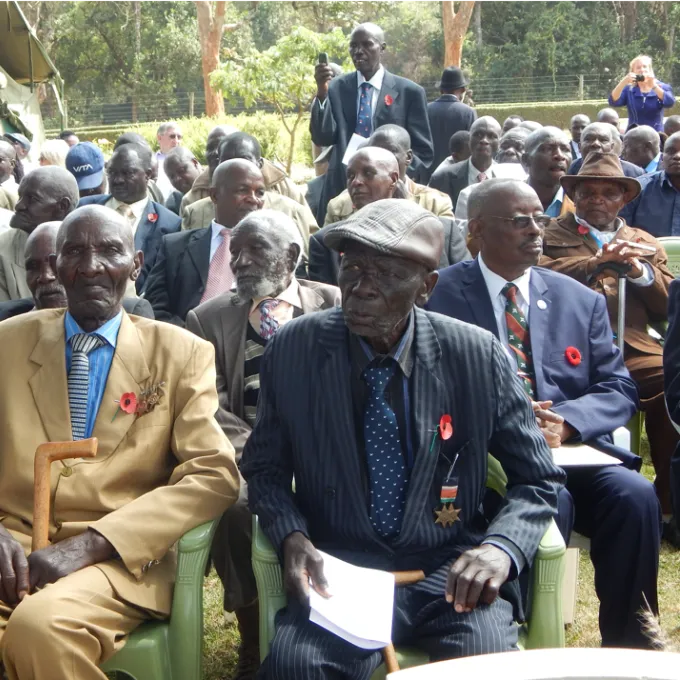
African Oral History Project
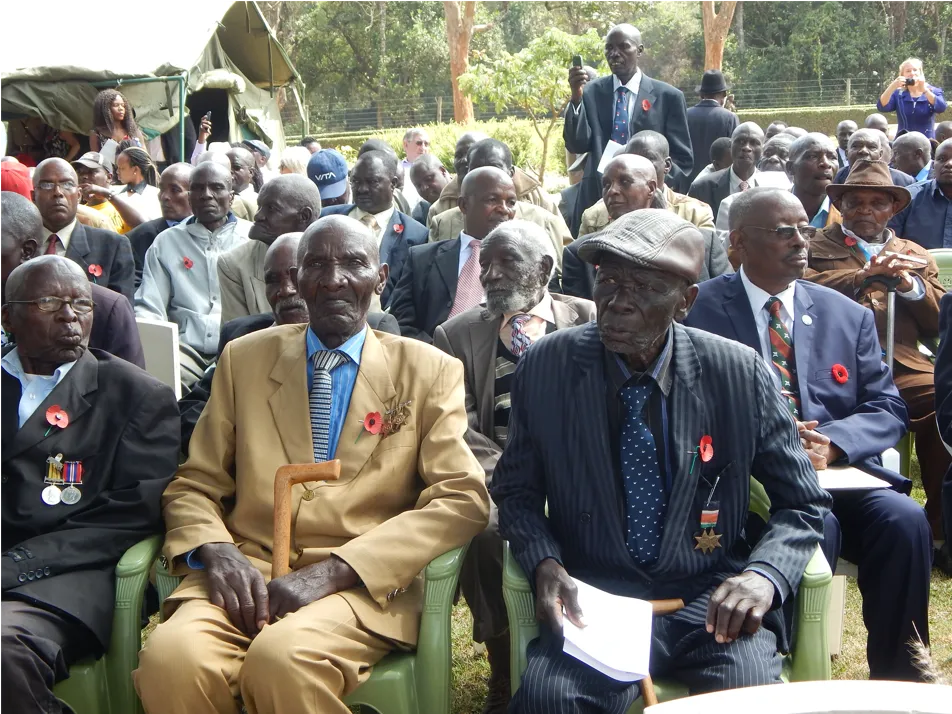
African Oral History Project
Through the African Oral History Project, community members who lived through important historical eras collaborate with WashU faculty, graduate students, and undergraduates to create a unique historical record that will offer new perspectives on African history while helping individual informants to better preserve their own life stories for themselves and their descendants.
More
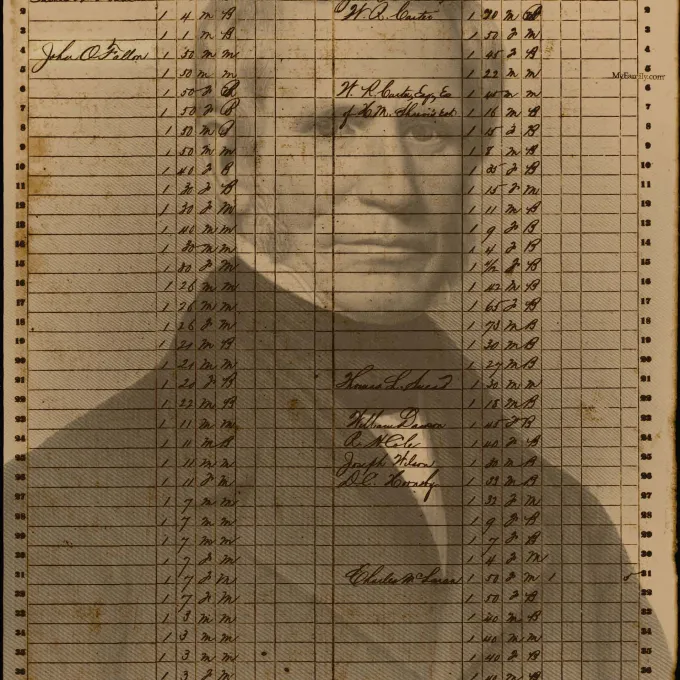
WashU & Slavery Project
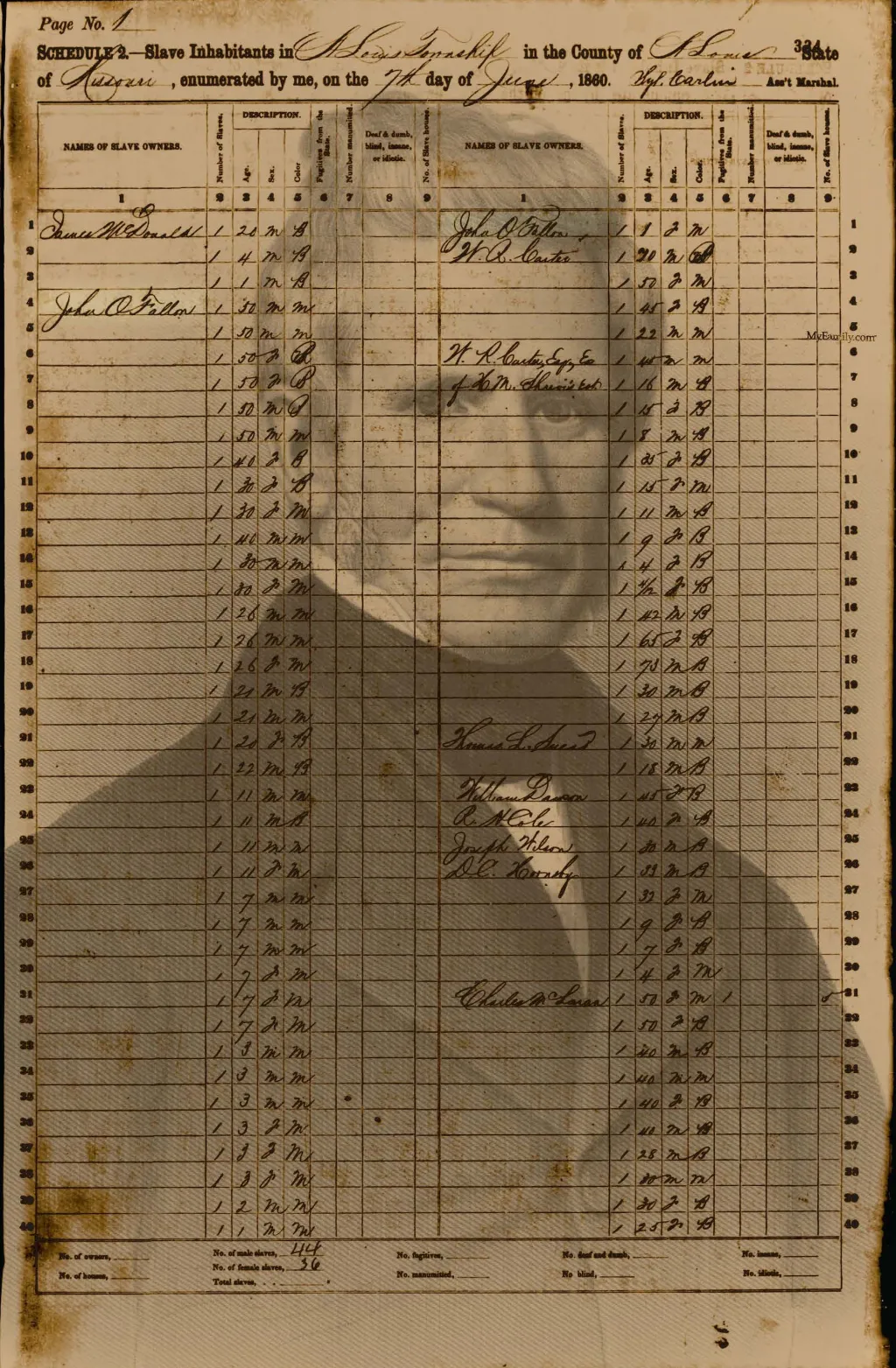
WashU & Slavery Project
The WashU & Slavery Project is an initiative in collaboration with the global consortium of Universities Studying Slavery, where over one hundred academic institutions in the U.S., Canada, U.K., and beyond have committed to examining and addressing the ways their institutional histories are entangled with the history and legacy of slavery.
More
The Faculty Bookshelf
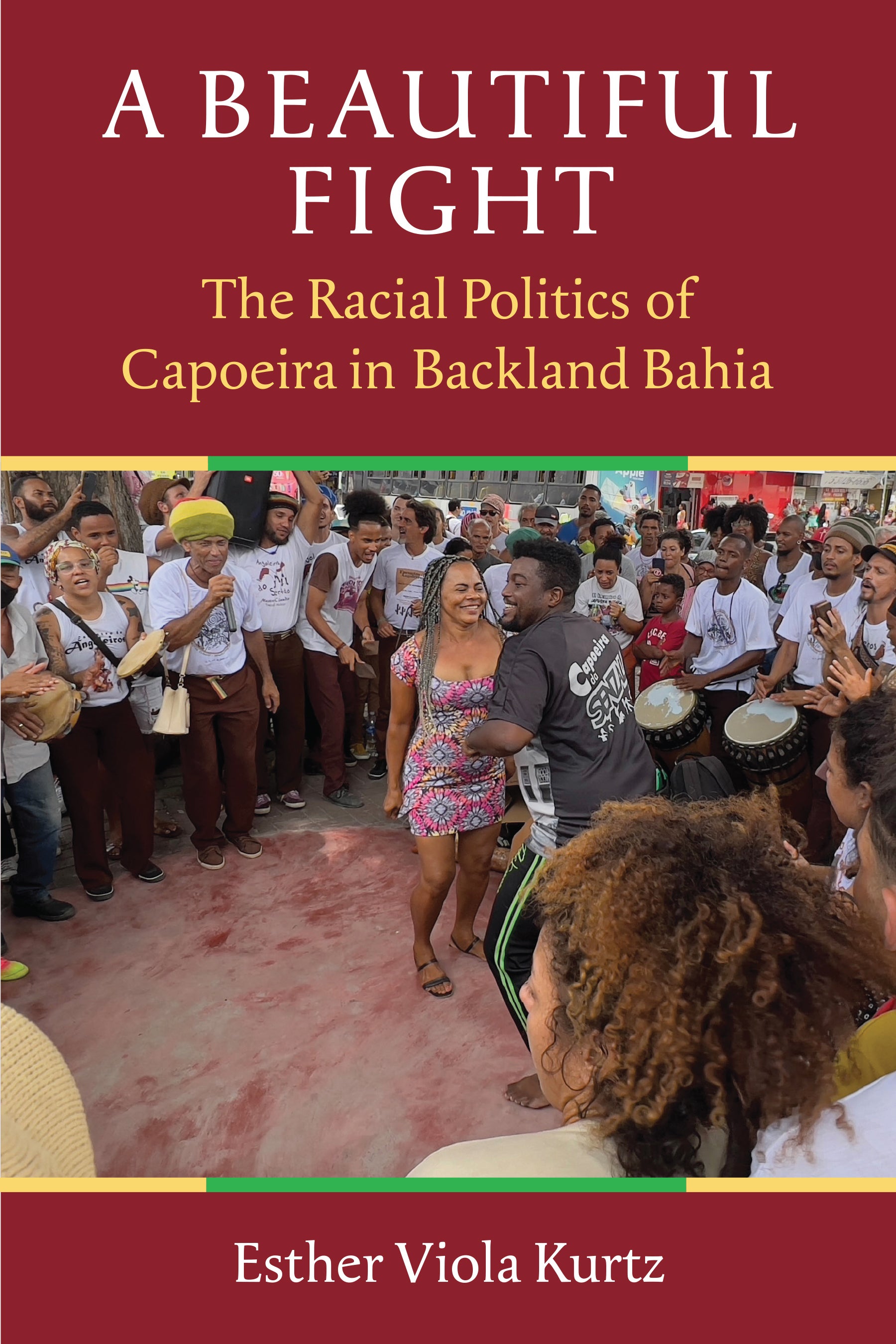

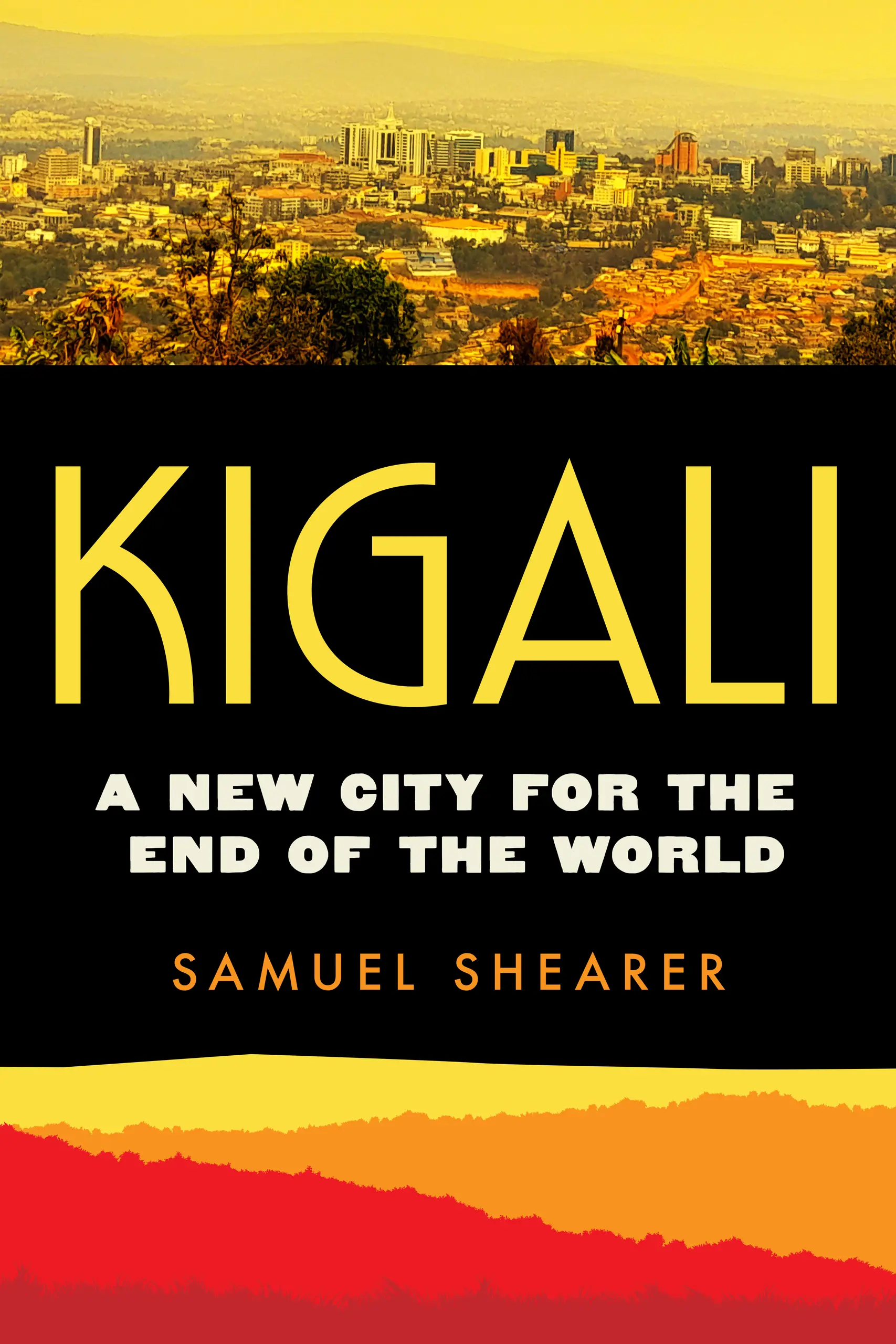
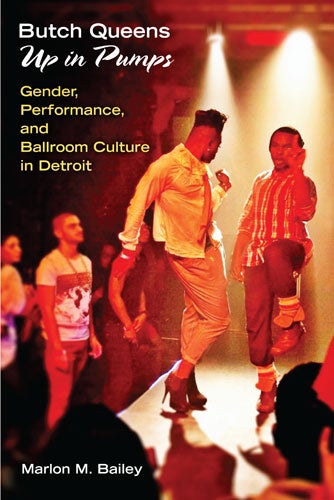
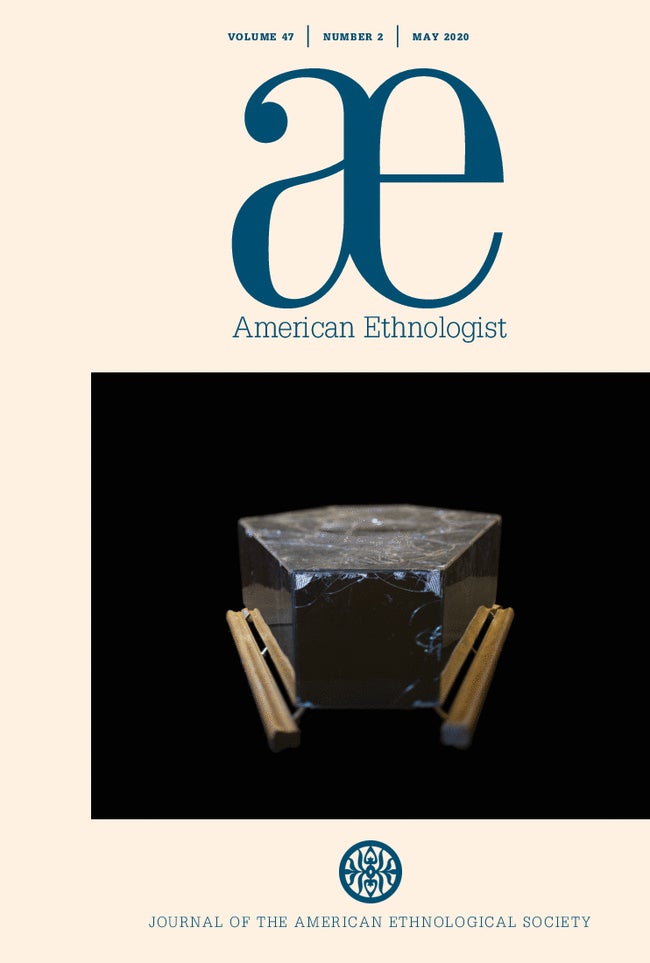
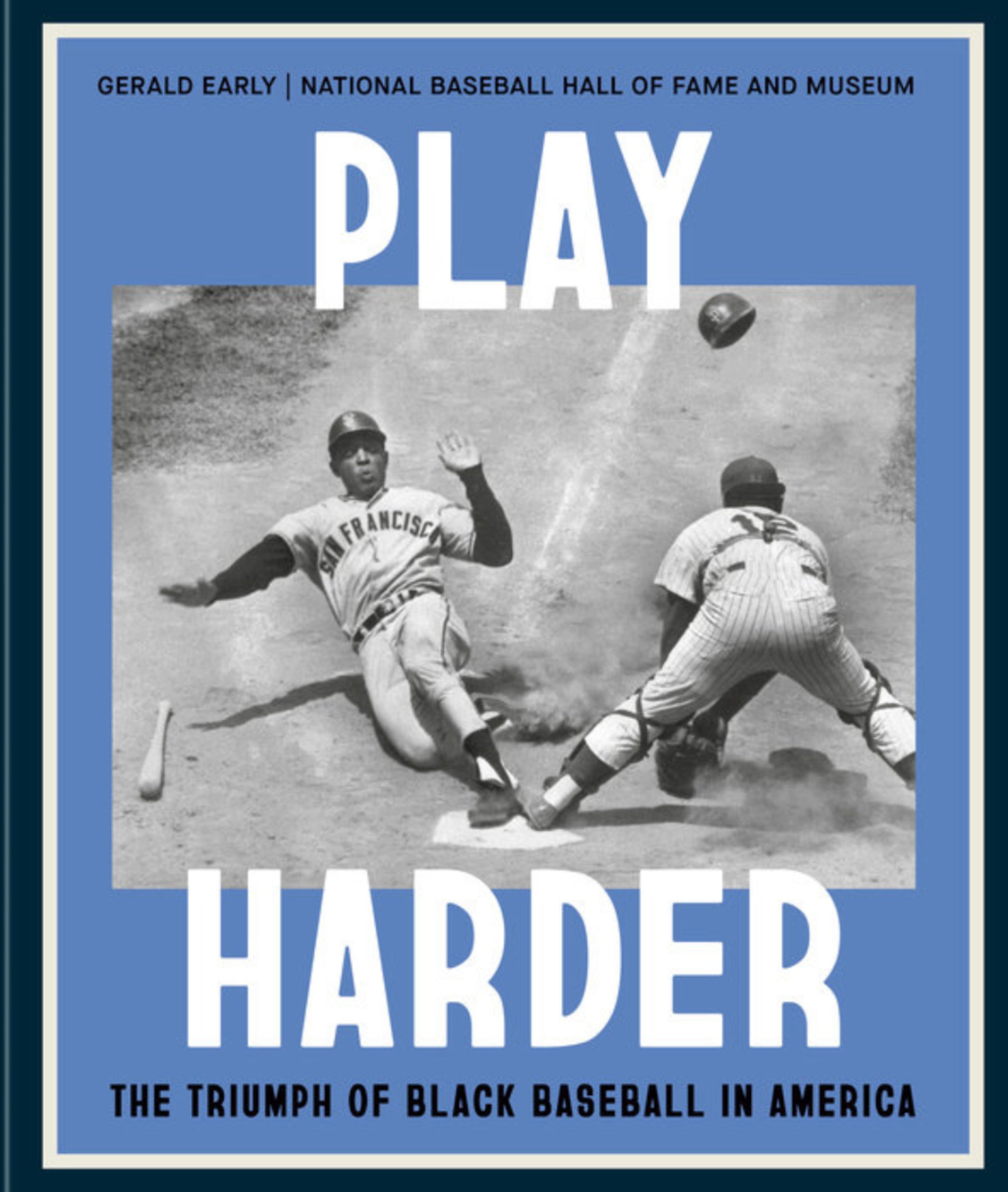
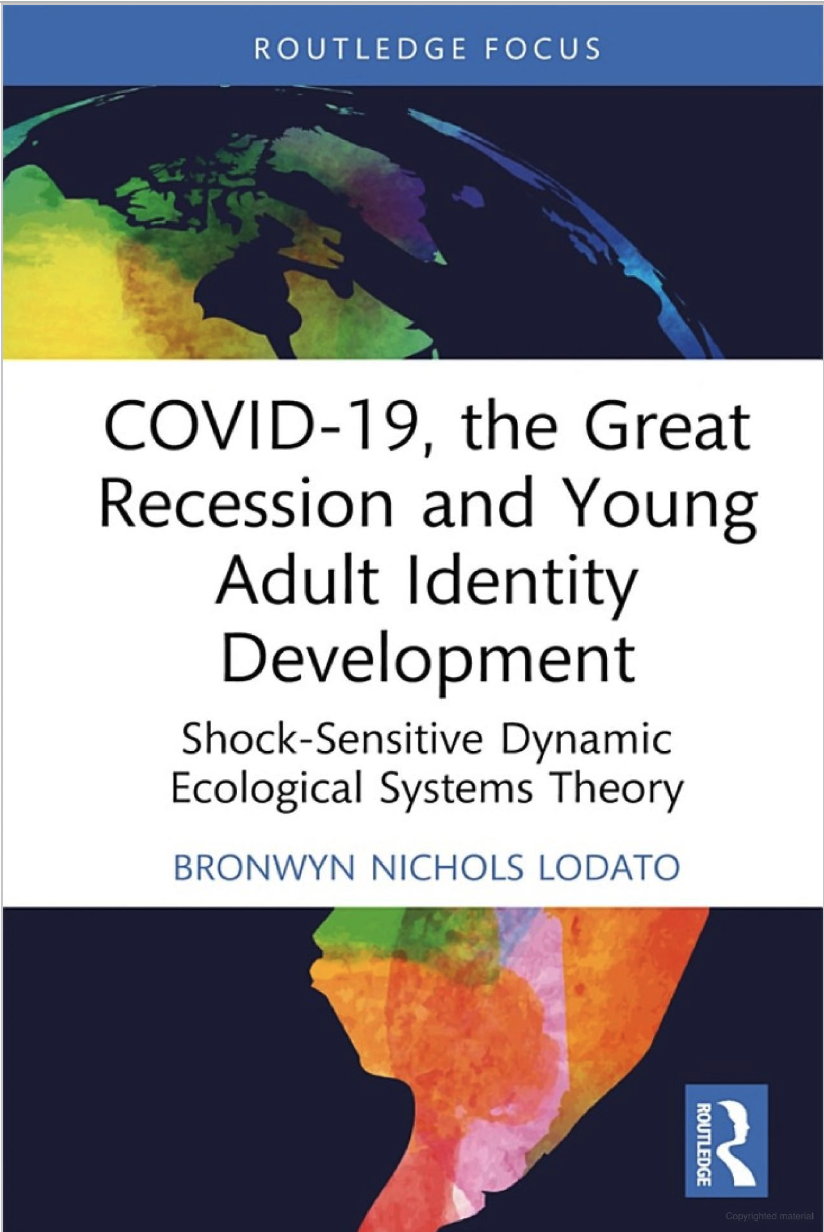
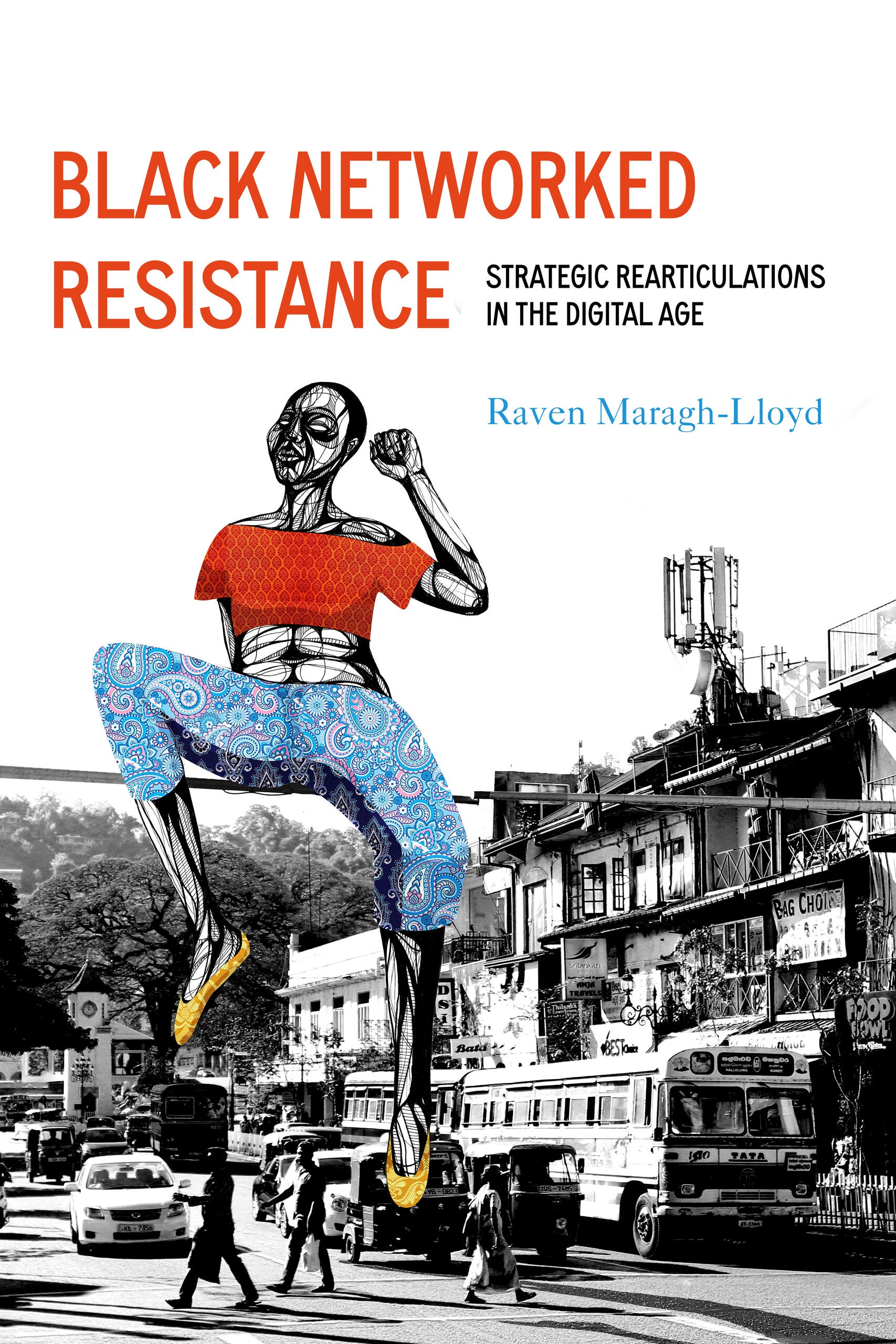
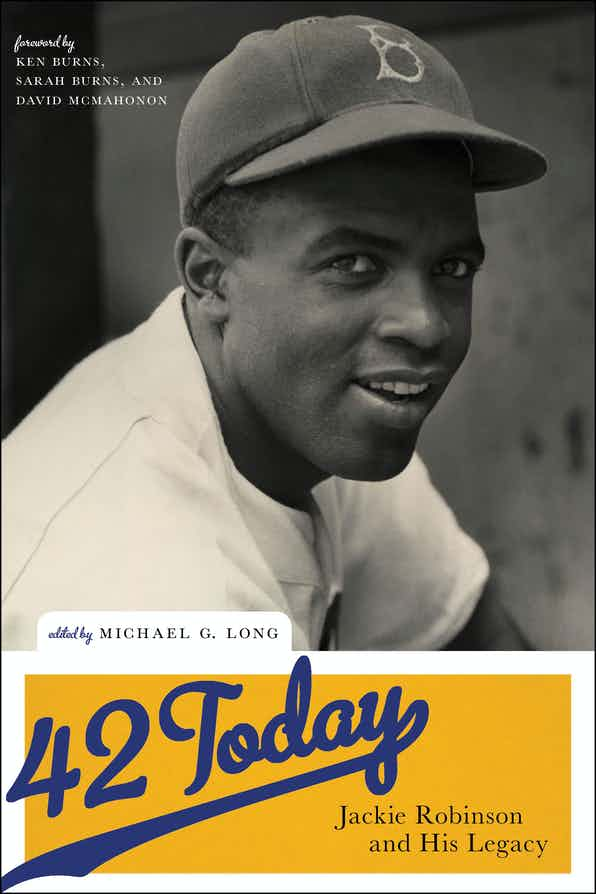
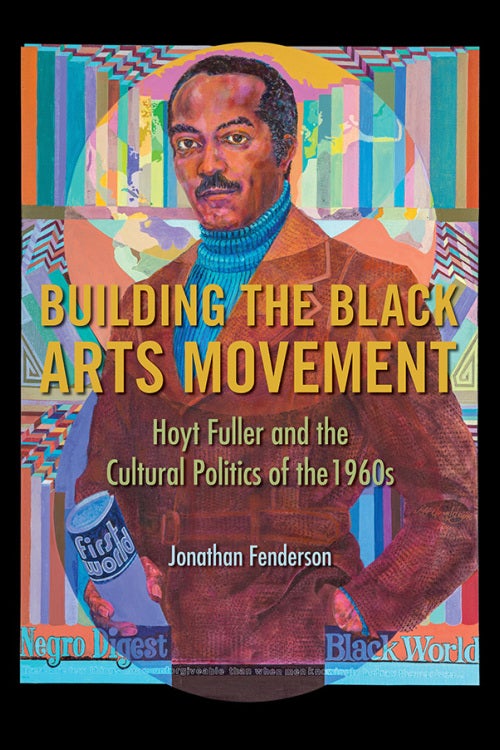
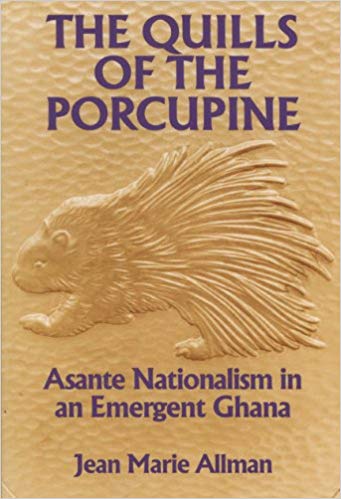
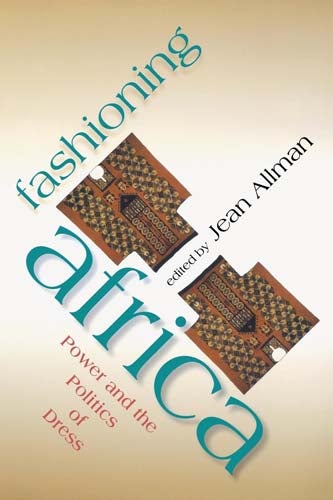
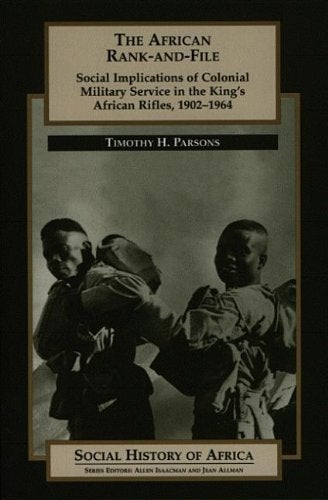
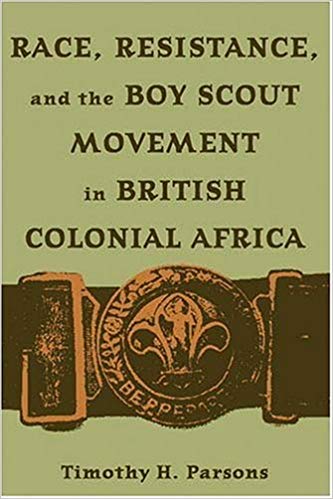
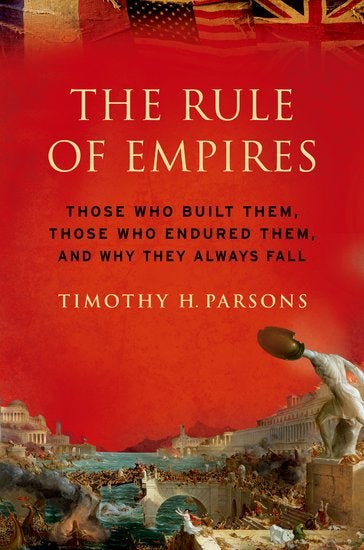
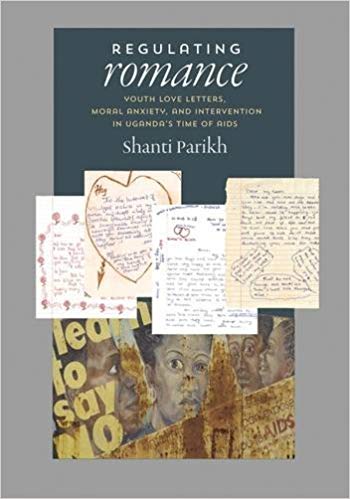
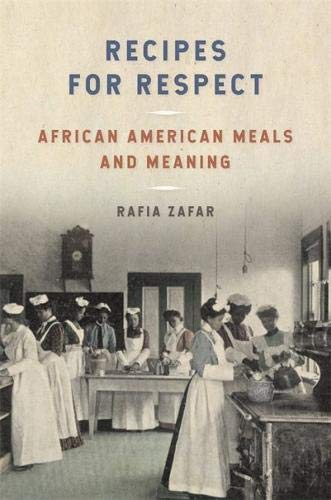
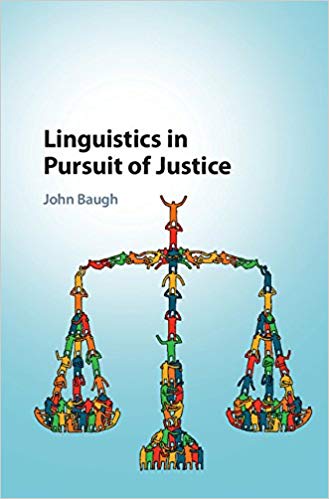
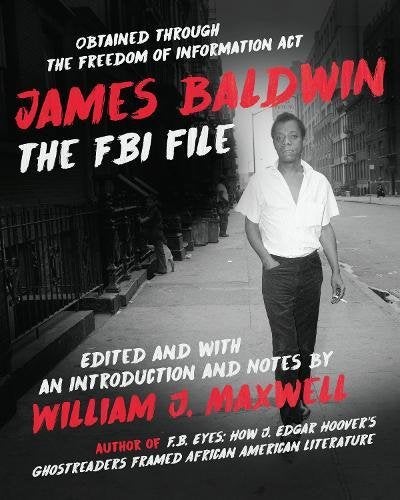
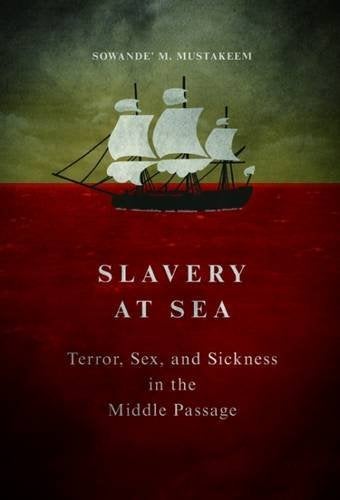
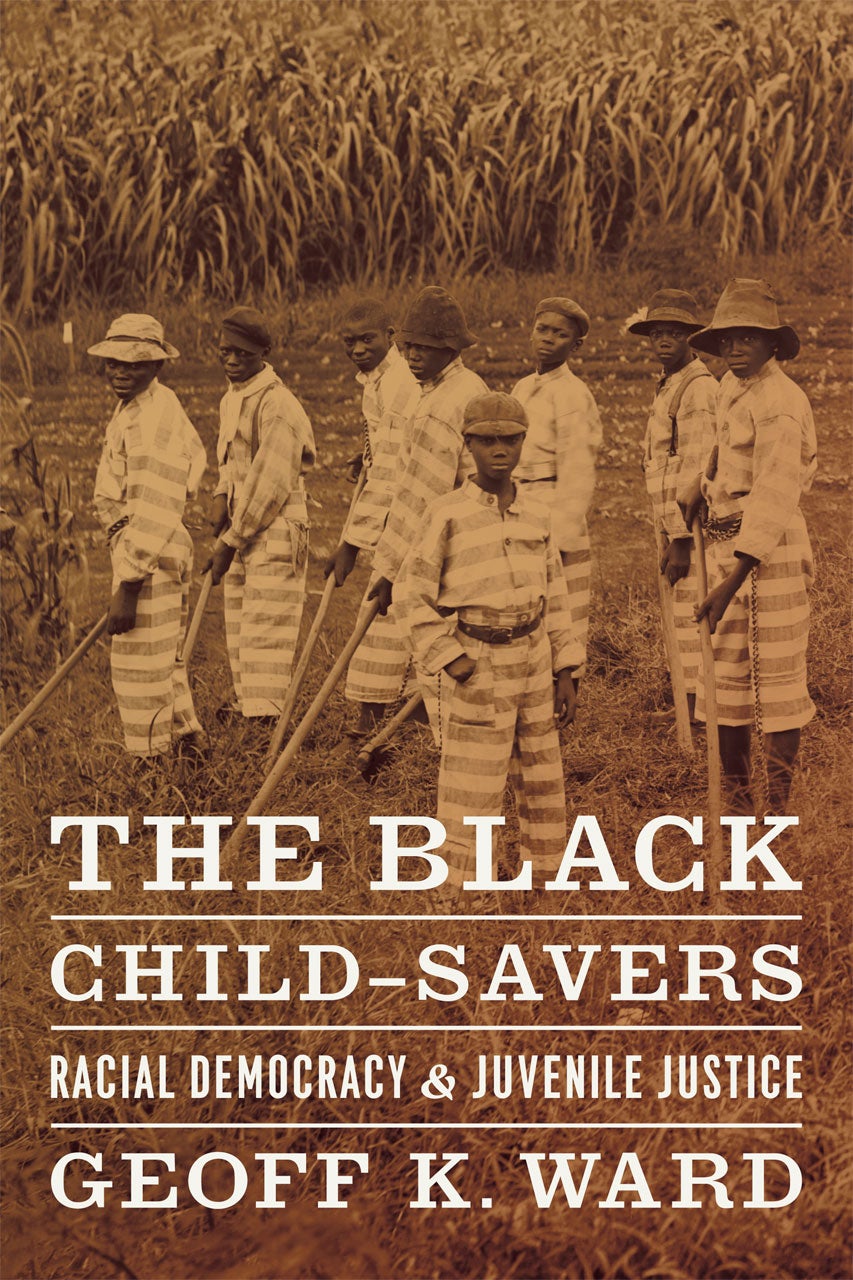
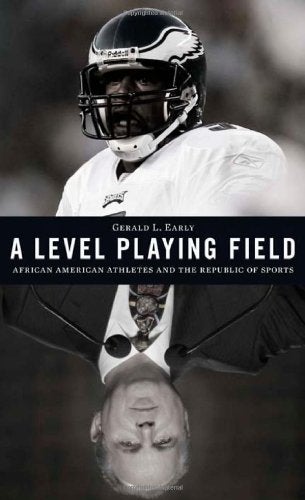
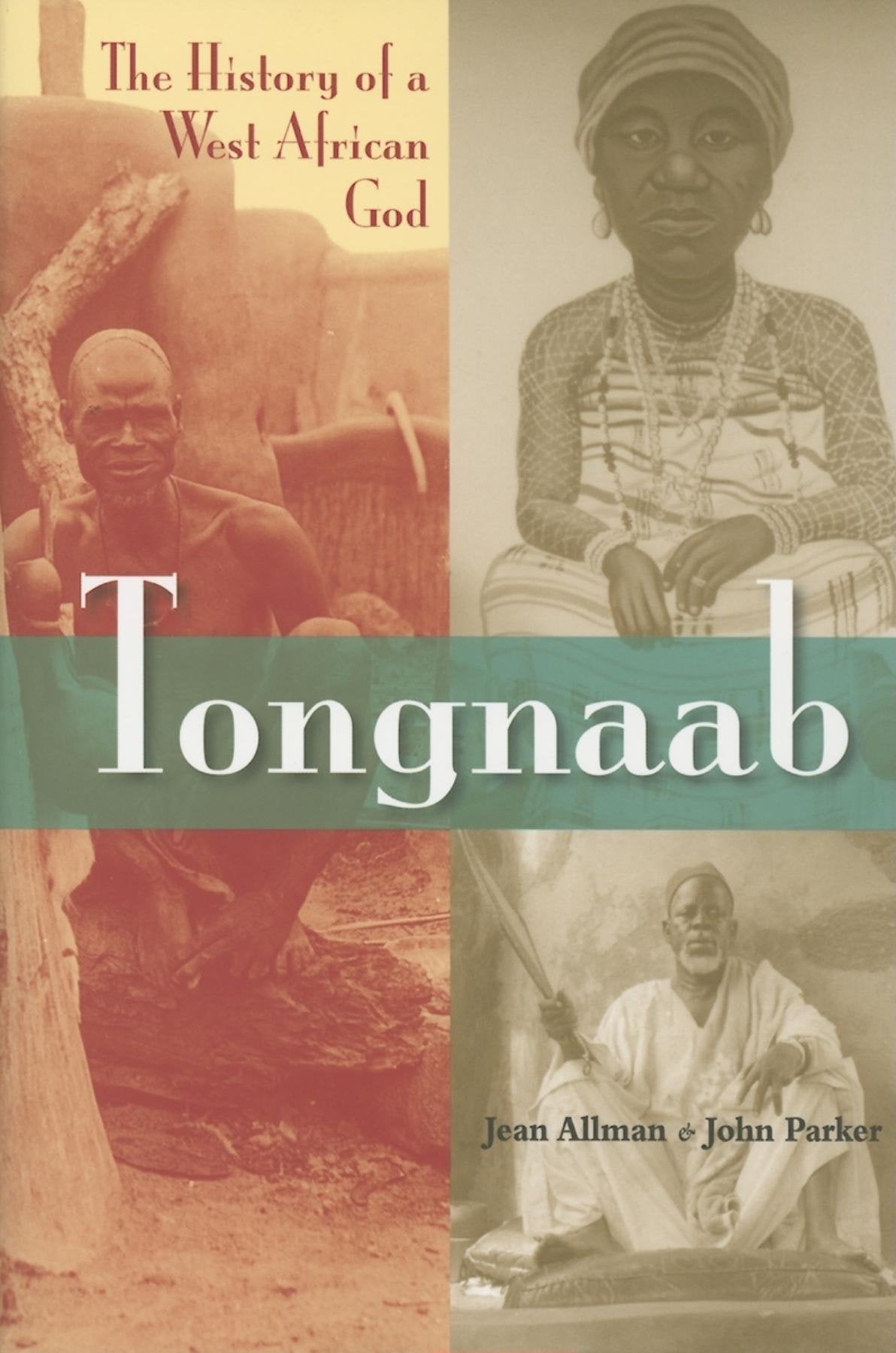
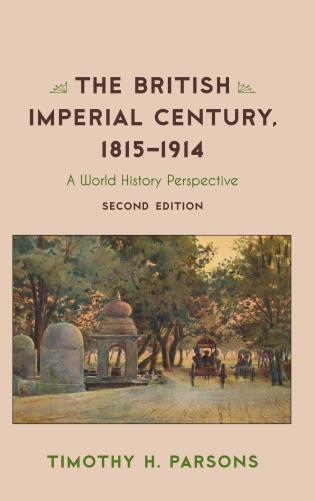
A Beautiful Fight: The Racial Politics of Capoeira in Backland Bahia
A Beautiful Fight examines the potentials and limits of capoeira Angola to cohere a multiracial community committed to antiracist struggle. Capoeira, a musical fight-game that originated among enslaved Africans in Brazil, holds special significance for Black Brazilian activists as a spiritual and political practice that affirms the value of Black lives, thus countering anti-Black violence sanctioned by the Brazilian state. However, many capoeira groups count more white practitioners than Black, especially groups of the politicized, Afrocentric style capoeira Angola, raising debates about appropriation of Black culture that resonate across the Americas. A Beautiful Fight addresses these tensions. Drawing on ethnographic research with a multiracial capoeira Angola group in Brazil’s Bahian sertão or backlands, Esther Viola Kurtz explores diverse group members’ understandings of capoeira’s spiritual and political meanings and considers how white participation impacts capoeira’s antiracist politics. A Beautiful Fight argues that white practitioners occupying space in capoeira divert attention from Black members’ concerns and reproduce racist and colonialist ideologies, albeit unintentionally. In this way, the book complicates claims that shared music and dance bridge differences and facilitate cross-racial unity, yet Kurtz proposes that capoeira still transmits knowledge and tools that, when used with intention, commitment, and care, can be wielded to collaboratively contest racism and imagine a more just world.
Urban Redevelopment and Neighborhood Gentrification in Global Contexts: But Where Are the Poor to Live?
This book focuses on urban redevelopment and neighborhood gentrification in three global contexts: New York City (USA), London (UK) and Seoul (South Korea). It examines the processes and challenges that impact the various constituencies who live and work in these different global neighborhoods, in comparative contexts. In so doing, the authors explore the complexities wrought by our global economy through globalization and competition, and the rapid pace of urbanization, as they impact urban redevelopment and neighborhood gentrification in global cities. While all societies seek to advance, the volume’s recurring question is cui bono, who benefits from modern day urban redevelopment and neighborhood gentrification, irrespective of geographical setting, and raises the question, ‘but, where are the poor to live?’
Kigali A New City for the End of the World
A free ebook version of this title is available through Luminos, University of California Press's Open Access publishing program. Visit www.luminosoa.org to learn more.
In the first decade of the twenty-first century, the government of Rwanda hired American and Singaporean design firms to transform the image of Kigali from a wounded city into a competitive destination for foreign investment. The firms produced promotional images of a post-conflict tabula rasa waiting to be rebuilt by foreign investors as an urban solution to climate change. However, to make this marketing image real, much of the actual city would need to be destroyed and its residents converted to consumers of green housing and service delivery systems.
Kigali is an ethnography of a city that is being destroyed so that it can be rebuilt for the end of the world. Drawing on years of ethnographic fieldwork with Kigali residents as they navigate the catastrophes induced by sustainable urbanism, this book offers a searing critique of capitalist solutions to climate change and an account of the city’s popular alternatives to sustainable urbanism.
Butch Queens Up in Pumps: Gender, Performance, and Ballroom Culture in Detroit
Butch Queens Up in Pumps examines Ballroom culture, in which inner-city LGBT individuals dress, dance, and vogue to compete for prizes and trophies. Participants are affiliated with a house, an alternative family structure typically named after haute couture designers and providing support to this diverse community. Marlon M. Bailey’s rich first-person performance ethnography of the Ballroom scene in Detroit examines Ballroom as a queer cultural formation that upsets dominant notions of gender, sexuality, kinship, and community.
@Ferguson: Still Here in the Afterlives of Black Death, Defiance and Joy
The 2014 death of Michael Brown in Ferguson triggered demonstrations and helped to bring the Black Lives Matter movement to global prominence. Five years later, Washington University hosted an international anthropology conference, during which St. Louis–based academics, activists and practitioners came together in a three-part plenary event to explore how structural forms of violence continue to shape Black lives and how they are working creatively to expose and transform these conditions.
The newly published collection of essays from local artists, creatives and academicians is a result of that conference.
Play Harder: The Triumph of Black Baseball in America
An authoritative exploration of how Black Americans have shaped baseball from its emergence after the Civil War to the Negro Leagues and Jackie Robinson’s breaking of the color barrier, up to today’s game—by award-winning author Gerald Early in collaboration with the National Baseball Hall of Fame.
No sport has been more associated with America’s sense of itself, with its identity, than baseball. No sport has been so inextricably bound with America’s traditions—with its notions of democracy and fair play—than baseball. And no professional sport in America has been as dramatically connected to social change as Major League Baseball when it became racially integrated the moment Jackie Robinson took the field with the Brooklyn Dodgers on April 15, 1947.
Play Harder comes at a time when the history of Black baseball has become especially relevant—following MLB’s recent recognition of the Negro Leagues as major leagues and the effort to incorporate statistics from the Negro Leagues into those for all players. Before Robinson, as Play Harder shows, Black athletes played baseball as far back as the 1800s even before the establishment of the Negro Leagues. But once founded in 1920, the Negro Leagues gave Black Americans an inroad to baseball that would be enduring and profound. The leagues were an instrument of community building during a time when discrimination separated Black people from all white enterprises, including baseball, and they paved the way for racial integration that Black players hoped would come.
Play Harder showcases the Black stars of the game—those from baseball’s early years such as Moses Fleetwood Walker and Rube Foster; Negro Leagues stars like Satchel Paige and Cool Papa Bell; Jackie Robinson and those who crossed the color line after him, like Hank Aaron and Willie Mays, followed by Frank Robinson and Curt Flood; and the stars who ushered in today’s game, such as Reggie Jackson, Dave Winfield, Barry Bonds, and Ken Griffey, Jr. Playing out against the cultural and political events of 150 years, the story bears witness to the richness of this country’s diversity while remaining clear-eyed about the racial injustice endured by Black Americans. In the end, Play Harder celebrates the triumph of some of baseball’s greatest players and their remarkable contributions to the game we know and love today.
COVID-19, the Great Recession and Young Adult Identity Development: Shock-Sensitive Dynamic Ecological Systems Theory
This book offers a paradigm shift in the framing of identity development by advancing a new, shock-sensitive framework for diverse young adult identity development after high school.
The author builds on the critical theoretical contributions of Urie Bronfenbrenner and Margaret Beale Spencer that highlight the person-context nature of development and the dynamic nature of vulnerability, risk, and coping. The inclusive, policy-relevant theoretical approach emerges from the author’s mixed-methods study that examines the context-dependent identity development experiences of young adults. The book also accounts for the unique person-context dynamics during the Great Recession and COVID-19 global shocks that drive how diverse young adults make meaning of risk as they cope with the shock-related disruptions on their individual postsecondary journeys toward building their adult identities. Given that the qualitative interview component of the study occurred during the COVID-19 pandemic, this research offers a unique, in-real-time vantage point from participants who are making meaning of their choices and decisions as the shock was underway. The book also tracks the heightened importance of online tools during this period and the implications of virtual contexts where developmental activities are pursued, such as online education, work, and socializing.
Advancing a new, shock-sensitive, interdisciplinary theory of identity development in postsecondary journeys of diverse young adults, it will appeal to scholars and students at the graduate level working across psychology, human development, educational psychology, sociology of education, and public policy.
Black Networked Resistance: Strategic Rearticulations in the Digital Age
Black Networked Resistance explores the creative range of Black digital users and their responses to varying forms of oppression, utilizing cultural, communicative, political, and technological threads both on and offline. Raven Maragh-Lloyd demonstrates how Black users strategically rearticulate their responses to oppression in ways that highlight Black publics’ historically rich traditions and reveal the shifting nature of both dominance and resistance, particularly in the digital age. Through case studies and interviews, Maragh-Lloyd reveals the malleable ways resistance can take shape and the ways Black users artfully demonstrate such modifications of resistance through strategies of survival, reprieve, and community online. Each chapter grounds itself in a resistance strategy, such as Black humor, care, or archiving, to show the ways that Black publics reshape strategies of resistance over time and across media platforms. Linking singular digital resistance movements while arguing for Black publics as strategic content creators who connect resistance strategies from our past to suit our present needs, Black Networked Resistance encourages readers to create and cultivate lasting communities necessary for social and political change by imagining a future of joy, community, and agency through their digital media practices.
42 Today
Before the United States Supreme Court ruled against segregation in public schools, and before Rosa Parks refused to surrender her bus seat in Montgomery, Alabama, Jackie Robinson walked onto the diamond on April 15, 1947, as first baseman for the Brooklyn Dodgers, making history as the first African American to integrate Major League Baseball in the twentieth century. Today a national icon, Robinson was a complicated man who navigated an even more complicated world that both celebrated and despised him.
Many are familiar with Robinson as a baseball hero. Few, however, know of the inner turmoil that came with his historic status. Featuring piercing essays from a range of distinguished sportswriters, cultural critics, and scholars, this book explores Robinson’s perspectives and legacies on civil rights, sports, faith, youth, and nonviolence, while providing rare glimpses into the struggles and strength of one of the nation’s most athletically gifted and politically significant citizens. Edited by noted Robinson scholar Michael G. Long, and featuring a foreword by celebrated directors and producers Ken Burns, Sarah Burns and David McMahon, this volume recasts Jackie Robinson’s legacy and establishes how he set a precedent for future civil rights activism, from Black Lives Matter to Colin Kaepernick.
Building the Black Arts Movement: Hoyt Fuller and the Cultural Politics of the 1960s
As both an activist and the dynamic editor of Negro Digest, Hoyt Fuller stood at the nexus of the Black Arts Movement and the broader cultural politics of his time. Building the Black Arts Movement uses historical snapshots of Fuller's life and achievements to rethink the period and establish Fuller's important role in laying the foundation for the movement. In telling Hoyt Fuller's story, Fenderson provides provocative new insights into the movement's international dimensions, the ways the movement took shape at the local level, the impact of race and other factors, and the challenges--corporate, political, and personal--that Fuller and others faced in trying to build black institutions.
An innovative study that approaches the movement from a historical perspective, Building the Black Arts Movement is a much-needed reassessment of the trajectory of African American culture over two explosive decades.
The Quills of the Porcupine
Bearing the historic symbol of the Asante nation, the porcupine, the National Liberation Movement (NLM) stormed onto the Gold Coast’s political stage in 1954, mounting one of the first and most significant campaigns to decentralize political power in decolonizing Africa. Ghana (formerly the Gold Coast) was the first colony in sub-Saharan Africa to secure political independence from Britain. The struggle for full self-government was led by Kwame Nkrumah, the leading advocate of African nationalism and Pan-African unity in the post-World War II era. The NLM threatened the stability of Nkrumah’s preindependence government and destroyed prospects for a smooth transition to full self-rule. Though NLM demands for Asante autonomy mobilized thousands of members, marchers, and voters, the NLM was unable to forestall plans for a unitary government in a new nation. Under Nkrumah, Ghana became independent in 1957. Marginalized politically by 1958, the NLM has at times been marginalized by scholars as well. Cast into the shadows of academic inquiry where history’s losers often dwell, the NLM came to be characterized as a tribalist ghost of the past whose foreordained defeat was worthy of some attention, but whose spectacular rise was not.
Today, when it is far harder to dismiss decentralizing movements and alternative nationalisms as things of the past, Jean Marie Allman’s brilliant The Quills of the Porcupine recovers the history of the NLM as a popular movement whose achievements and defeats were rooted in Asante’s history and in the social conflicts of the period. Allman draws skillfully on her extensive interviews with NLM activists, on a variety of published and archival sources in Ghana, and on British colonial records—many of them recently declassified—to provide rich narrative detail. Sophisticated in its analysis of the NLM’s ideology and of the appeals of the movement to various strata within Asante society, The Quills of the Porcupine is a pioneering case study in the social history of African politics. An exciting story firmly situated within the context of the large theoretical and historical literature on class, ethnicity, and nationalism, its significance reaches far past the borders of Asante, and of Ghana.
Fashioning Africa: Power and the Politics of Dress
Everywhere in the world there is a close connection between the clothes we wear and our political expression. To date, few scholars have explored what clothing means in 20th-century Africa and the diaspora. In Fashioning Africa, an international group of anthropologists, historians, and art historians bring rich and diverse perspectives to this fascinating topic. From clothing as an expression of freedom in early colonial Zanzibar to Somali women’s headcovering in inner-city Minneapolis, these essays explore the power of dress in African and pan-African settings. Nationalist and diasporic identities, as well as their histories and politics, are examined at the level of what is put on the body every day. Readers interested in fashion history, material and expressive cultures, understandings of nation-state styles, and expressions of a distinctive African modernity will be engaged by this interdisciplinary and broadly appealing volume.
Contributors are Heather Marie Akou, Jean Allman, A. Boatema Boateng, Judith Byfield, Laura Fair, Karen Tranberg Hansen, Margaret Jean Hay, Andrew M. Ivaska, Phyllis M. Martin, Marissa Moorman, Elisha P. Renne, and Victoria L. Rovine.
The African Rank-and-File: Social Implications of Colonial Military Service in the King's African Rifles, 1902-1964
The African Rank-and-File explores why East Africans in the King's African Rifles (KAR) served a foreign power, which denied them the rights of full citizenship and was at best paternalistic and at worst openly oppressive. The KAR was a viable institution because it advanced, to varying degrees, the interests of the colonial state, the British military establishment, and African soldiers. These interests were quite often contradictory, and it took an ongoing process of negotiation and accommodation over the social status of the African soldiery to make the KAR work. Tensions such as these were not unique to the colonial military; the co-option of Africans as chiefs, policemen, teachers, and clergymen produced similar points of friction. Like other important intermediary classes, African soldiers performed a vital service for the colonial regime and sought to exploit its inherent weaknesses to enhance their position in colonial society. Their ability to do so exposed some of the most fundamental tensions and contradictions of British colonial rule.
Race, resistance, and the Boy Scout movement in British Colonial Africa
Conceived by General Sir Robert Baden-Powell as a way to reduce class tensions in Edwardian Britain, scouting evolved into an international youth movement. It offered a vision of romantic outdoor life as a cure for disruption caused by industrialization and urbanization. Scouting's global spread was due to its success in attaching itself to institutions of authority. As a result, scouting has become embroiled in controversies in the civil rights struggle in the American South, in nationalist resistance movements in India, and in the contemporary American debate over gay rights. In Race, Resistance, and the Boy Scout Movement in British Colonial Africa, Timothy Parsons uses scouting as an analytical tool to explore the tensions in colonial society. Introduced by British officials to strengthen their rule, the movement targeted the students, juvenile delinquents, and urban migrants who threatened the social stability of the regime. Yet Africans themselves used scouting to claim the rights of full imperial citizenship. They invoked the Fourth Scout Law, which declared that a scout was a brother to every other scout, to challenge racial discrimination. Parsons shows that African scouting was both an instrument of colonial authority and a subversive challenge to the legitimacy of the British Empire. His study of African scouting demonstrates the implications and far-reaching consequences of colonial authority in all its guises.
The Rule of Empires: Those Who Built Them, Those Who Endured Them, and Why They Always Fall
In The Rule of Empires, Timothy Parsons gives a sweeping account of the evolution of empire from its origins in ancient Rome to its most recent twentieth-century embodiment. He explains what constitutes an empire and offers suggestions about what empires of the past can tell us about our own historical moment.
Parsons uses imperial examples that stretch from ancient Rome, to Britain's "new" imperialism in Kenya, to the Third Reich to parse the features common to all empires, their evolutions and self-justifying myths, and the reasons for their inevitable decline. Parsons argues that far from confirming some sort of Darwinian hierarchy of advanced and primitive societies, conquests were simply the products of a temporary advantage in military technology, wealth, and political will. Beneath the self-justifying rhetoric of benevolent paternalism and cultural superiority lay economic exploitation and the desire for power. Yet imperial ambitions still appear viable in the twenty-first century, Parsons shows, because their defenders and detractors alike employ abstract and romanticized perspectives that fail to grasp the historical reality of subjugation.
Writing from the perspective of the common subject rather than that of the imperial conquerors, Parsons offers a historically grounded cautionary tale rich with accounts of subjugated peoples throwing off the yoke of empire time and time again. In providing an accurate picture of what it is like to live as a subject, The Rule of Empires lays bare the rationalizations of imperial conquerors and their apologists and exposes the true limits of hard power.
Regulating Romance: Youth Love Letters, Moral Anxiety and Intervention in Uganda's Time of AIDS
Drawing on ten years of ethnographic research, two hundred fifty interviews, and over three hundred youth love letters, author Shanti Parikh uses lively vignettes to provide a rare window into young people's heterosexual desires and practices in Uganda. In chapters entitled "Unbreak my heart," "I miss you like a desert missing rain," and "You're just playing with my head," she invites readers into the world of secret longings, disappointments, and anxieties of young Ugandans as they grapple with everyday difficulties while creatively imagining romantic futures and possibilities.
Parikh also examines the unintended consequences of Uganda's aggressive HIV campaigns that thrust sexuality and anxieties about it into the public sphere. In a context of economic precarity and generational tension that constantly complicates young people's notions of consumption-based romance, communities experience the dilemmas of protecting and policing young people from reputational and health dangers of sexual activity. "They arrested me for loving a school girl" is the title of a chapter on controlling delinquent daughters and punishing defiant boyfriends for attempting to undermine patriarchal authority by asserting their adolescent romantic agency. Sex education programs struggle between risk and pleasure amidst morally charged debates among international donors and community elders, transforming the youthful female body into a platform for public critique and concern. The many sides of this research constitute an eloquently executed critical anthropology of intervention.
Recipes for Respect: African American Meals and Meaning
Food studies, once trendy, has settled into the public arena. In the academy, scholarship on food and literary culture constitutes a growing river within literary and cultural studies, but writing on African American food and dining remains a tributary. Recipes for Respect bridges this gap, illuminating the role of foodways in African American culture as well as the contributions of Black cooks and chefs to what has been considered the mainstream.
Beginning in the early nineteenth century and continuing nearly to the present day, African Americans have often been stereotyped as illiterate kitchen geniuses. Rafia Zafar addresses this error, highlighting the long history of accomplished African Americans within our culinary traditions, as well as the literary and entrepreneurial strategies for civil rights and respectability woven into the written records of dining, cooking, and serving. Whether revealed in cookbooks or fiction, memoirs or hotel-keeping manuals, agricultural extension bulletins or library collections, foodways knowledge sustained Black strategies for self-reliance and dignity, the preservation of historical memory, and civil rights and social mobility. If, to follow Mary Douglas’s dictum, food is a field of action—that is, a venue for social intimacy, exchange, or aggression—African American writing about foodways constitutes an underappreciated critique of the racialized social and intellectual spaces of the United States.
Linguistics in Pursuit of Justice
As a black child growing up in inner-city neighborhoods in Philadelphia and Los Angeles, John Baugh witnessed racial discrimination at a young age and began to notice correlations between language and race. While attending college he worked at a Laundromat serving African Americans who were often subjected to mistreatment by the police. His observations piqued his curiosity about the ways that linguistic diversity might be related to the burgeoning Civil Rights movement for racial equality in America. Baugh pursued these ideas whilst traveling internationally only to discover alternative forms of linguistic discrimination in Europe, Africa, Asia, Australia, the Caribbean and South America. He coined the phrase 'linguistic profiling' based on experimental studies of housing discrimination, and expanded upon those findings to promote equity in education, employment, medicine and the law. This book is the product of the culmination of these studies, devoted to the advancement of equality and justice globally.
James Baldwin: The FBI File
Decades before Black Lives Matter returned James Baldwin to prominence, J. Edgar Hoover’s FBI considered the Harlem-born author the most powerful broker between black art and black power. Baldwin’s 1,884-page FBI file, covering the period from 1958 to 1974, was the largest compiled on any African American artist of the Civil Rights era. This collection of once-secret documents, never before published in book form, captures the FBI’s anxious tracking of Baldwin’s writings, phone conversations, and sexual habitsand Baldwin’s defiant efforts to spy back at Hoover and his G-men.
James Baldwin: The FBI File reproduces over one hundred original FBI records, selected by the noted literary historian whose award-winning book, F.B. Eyes: How J. Edgar Hoover’s Ghostreaders Framed African American Literature, brought renewed attention to bureau surveillance. William J. Maxwell also provides an introduction exploring Baldwin's enduring relevance in the time of Black Lives Matter along with running commentaries that orient the reader and offer historical context, making this book a revealing look at a crucial slice of the American pastand present.
Slavery at Sea: Terror, Sex, and Sickness in the Middle Passage
Most times left solely within the confine of plantation narratives, slavery was far from a land-based phenomenon. This book reveals for the first time how it took critical shape at sea. Expanding the gaze even more deeply, the book centers how the oceanic transport of human cargoes--infamously known as the Middle Passage--comprised a violently regulated process foundational to the institution of bondage. Sowande' Mustakeem's groundbreaking study goes inside the Atlantic slave trade to explore the social conditions and human costs embedded in the world of maritime slavery.
Mining ship logs, records and personal documents, Mustakeem teases out the social histories produced between those on traveling ships: slaves, captains, sailors, and surgeons. As she shows, crewmen manufactured captives through enforced dependency, relentless cycles of physical, psychological terror, and pain that led to the the making--and unmaking--of enslaved Africans held and transported onboard slave ships. Mustakeem relates how this process, and related power struggles, played out not just for adult men, but also for women, children, teens, infants, nursing mothers, the elderly, diseased, ailing, and dying. Mustakeem offers provocative new insights into how gender, health, age, illness, and medical treatment intersected with trauma and violence transformed human beings into the world's most commercially sought commodity for over four centuries.
Winner of Wesley-Logan Prize, American Historical Association (2017)
The Black Child-Savers: Racial Democracy and Juvenile Justice
The Black Child Savers: Racial Democracy and Juvenile Justice (University of Chicago Press, 2012) provides the first in-depth historical account of the racial politics of American juvenile justice, examining the rise, fall, and lasting remnants of Jim Crow juvenile justice (ca. 1890-2000). The study traces ordeals of racial oppression and domination in juvenile justice – an imagined “citizen-building” institution – to embattled 20th century racial politics of American liberal democracy, while emphasizing the resistance of generations of black civic leaders. The result is a more complex and dynamic view of how varied racial projects formed and functioned to not only diminish but also affirm the democratic standing of black youth and communities in this context of racialized social control. Theoretically, the project challenges conventional views of racialized social control which frame nonwhites as passive, subjugated populations, revealing the contentious nature of these relations, and the ability for less powerful groups to impose their interests within processes of social control. In terms of public policy, the book illustrates how redistributive remedies rooted in colorblind racial ideology have undermined gains in racial and ethnic group recognition, limiting the relevance of formal integration to substantive inclusion.
Winner of the Michael J. Hindelang Book Award of the American Society of Criminology, 2013
Winner of the Outstanding Book Prize of the History of Education Society, 2013
A Level Playing Field: African American Athletes and the Republic of Sports
As Americans, we believe there ought to be a level playing field for everyone. Even if we don’t expect to finish first, we do expect a fair start. Only in sports have African Americans actually found that elusive level ground. But at the same time, black players offer an ironic perspective on the athlete-hero, for they represent a group historically held to be without social honor.
In his first new collection of sports essays since Tuxedo Junction (1989), the noted cultural critic Gerald Early investigates these contradictions as they play out in the sports world and in our deeper attitudes toward the athletes we glorify. Early addresses a half-century of heated cultural issues ranging from integration to the use of performance-enhancing drugs. Writing about Jackie Robinson and Curt Flood, he reconstructs pivotal moments in their lives and explains how the culture, politics, and economics of sport turned with them. Taking on the subtexts, racial and otherwise, of the controversy over remarks Rush Limbaugh made about quarterback Donovan McNabb, Early restores the political consequence to an event most commentators at the time approached with predictable bluster.
The essays in this book circle around two perennial questions: What other, invisible contests unfold when we watch a sporting event? What desires and anxieti
Tongnaab: The History of a West African God
For many Africanist historians, traditional religion is simply a starting point for measuring the historic impact of Christianity and Islam. In Tongnaab, Jean Allman and John Parker challenge the distinction between tradition and modernity by tracing the movement and mutation of the powerful Talensi god and ancestor shrine, Tongnaab, from the savanna of northern Ghana through the forests and coastal plains of the south. Using a wide range of written, oral, and iconographic sources, Allman and Parker uncover the historical dynamics of cross-cultural religious belief and practice. They reveal how Tongnaab has been intertwined with many themes and events in West African history—the slave trade, colonial conquest and rule, capitalist agriculture and mining, labor migration, shifting ethnicities, the production of ethnographic knowledge, and the political projects that brought about the modern nation state. This rich and original book shows that indigenous religion has been at the center of dramatic social and economic changes stretching from the slave trade to the tourist trade.
The British Imperial Century, 1815–1914 (Second Edition)
Although Britain's overseas empire may not have been "acquired in a fit of absence of mind," as one of its most prominent historians once alleged, neither was it the brainchild of politicians and bureaucrats in London. Why, then, has so much imperial history been written from this metropolitan perspective? Timothy Parsons strongly contends that the scope and duration of this, the largest of all modern European empires, can only be understood from a non-Western perspective. In an exceptionally concise and informative fashion, The British Imperial Century offers its readers a comprehensive overview of the formation and administration of the empire from its origins in the early nineteenth century, to its climax at mid-century, to its denouement on the eve of the First World War. This was the era in which a previously "informal" empire based on trade and commerce was transformed into a "formal" empire in which trade was often of secondary importance to strategic or political considerations. Parsons devotes chapters to key colonies and regions, many of them overlooked by previous scholars, that include the Indian "raj," Africa, the Middle East, and China. He also considers the long-term consequences of imperialism on the cultures of the colonized and the colonizers alike. An ambitious and thoughtful contribution to the field of imperial history, The British Imperial Century will find a useful place in courses on world history and European history, or as a supplemental text for classes on African, Asian, British, or Middle Eastern history.

